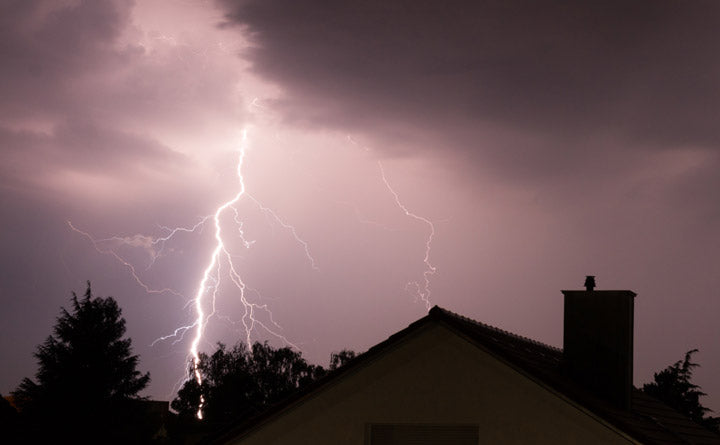Spring is finally here, and with this season comes the threat of severe storms, tornadoes and flooding. You may not want to think about the dangers associated with this time of year since many people want to focus on all the great aspects of spring, such as spending time outdoors in nice weather or doing jobs around the house that were put off all winter long.
However, not being prepared for spring storms could be disastrous, or even deadly, for your family.
Check out the storm preparedness tips below from the American Red Cross
Tornado safety
- Know the difference between a “watch” and “warning.” A watch indicates that conditions are prime for a tornado to form. A warning indicates that a tornado has been spotted in the area.
- Designate a safe place in your home for family members to go in case a tornado hits.
- Understand what the tornado warning sirens sound like in your community. Educate young children about this loud, somewhat frightening sound so they don’t try to hide when they hear it.
- When spending time outdoors, know the warning signs of a tornado. This includes gusty winds, dark skies, and the formation of funnel clouds.
- To prevent damage to your home, remove broken or dead limbs from trees or bushes. These are the first to go when strong winds hit.
Severe storm safety
- If you’re outside and hear thunder, you’re at risk of being struck by lightning.
- NEVER stand under a tree during a severe storm.
- If you’re outdoors, go into a nearby shelter or get in your car.
- Don’t take a bath or shower as electrical current could travel through the piping and water.
- Have flashlights handy in case the power goes out.
- Don’t stand or sit next to windows as strong gusts of wind could cause flying debris to shatter them.
Flooding safety
- If you’re driving and come across flowing water on a road, turn around.
- If you’re walking outdoors and come across flowing water, don’t step in it. It only takes a few inches to sweep you away.
- Be careful at night when outdoors if you suspect flooding. You don’t necessarily know what’s in the water – e.g. downed power lines.


